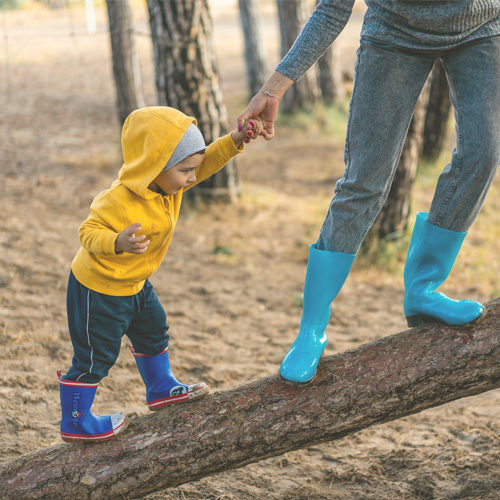The Danish way of parenting

Since 1973, Denmark has topped the UN’s list of the happiest people on our planet.
Although there are many reasons why people may be happy, and happiness research is hardly objective, educators and parents have since looked at the way the Danes raised their kids. A popular book with the title, “The Danish Way of Parenting” summarized the way Danes raised their kids with the acronym PARENT:
- Play
- Authenticity
- Reframing
- Empathy
- No ultimatums
- Togetherness
Play: What they are saying here is that you should take a step back and let Your Child play freely, alone or with other kids, without intervening. Danish parents give their kids the freedom to use their initiative in deciding when, where, and who to play with. Unstructured social play helps kids learn how to relate with each other, pretend play allows them to develop their ability to fantasize and free play gets them to interact with objects and nature. And since most kids are good at playing, all play builds a great deal of self-esteem.
Authenticity: This means being honest with your little one. While it may be easier to exaggerate things with kids, it is better to tell them what you think, whether good or bad. For instance, if Your Child shows you a painting, don’t overpraise and say, “what an amazing painting”. Rather, promote further discussion by asking why the choice of color was made. To teach your children how to be honest with their emotions, you need to be real with yours. It may be difficult to deal with children when they are anxious, angry, or aggressive, but you need to help them learn about these emotions.
Reframing: The Danes teach their children to reframe negative situations. It is a wonderful skill to teach your kids. If Your Child has a complaint, discuss the situation and help the little one focus on the positives. For example, when concerned about doing something new, remind Your Child of the day when you did something new and it was great fun. You should help your kids to focus on the things they can do, rather than the ones they can’t do.
Empathy: It helps to empathize with the little ones even when you feel that they whine about things that don’t make sense. The Danes believe that when you empathize with your kids, they will trust you enough to always share their feelings with you.
No ultimatums: You should always keep your cool in an authoritative manner. Avoid issuing ultimatums — no hitting, yelling, or shouting. Or if you don’t eat your carrots, you don’t get to play later. Those habits scare older kids, and the young ones lack the cognitive ability to relate eating carrots now with playing later. It is better and more effective to set the rules using your personal opinion, such as “I don’t like if you hit, it hurts my feelings” or “I want you to eat carrots”.
Togetherness: It is expressed with the Danish word hygge, which implies a time of coziness with family and friends. Hygge is part of daily life in Denmark. Parents create the opportunity to have quality time with their children and do things together — lighting candles, playing games, or singing. Doing things together helps grow the bond between parents and their kids.



